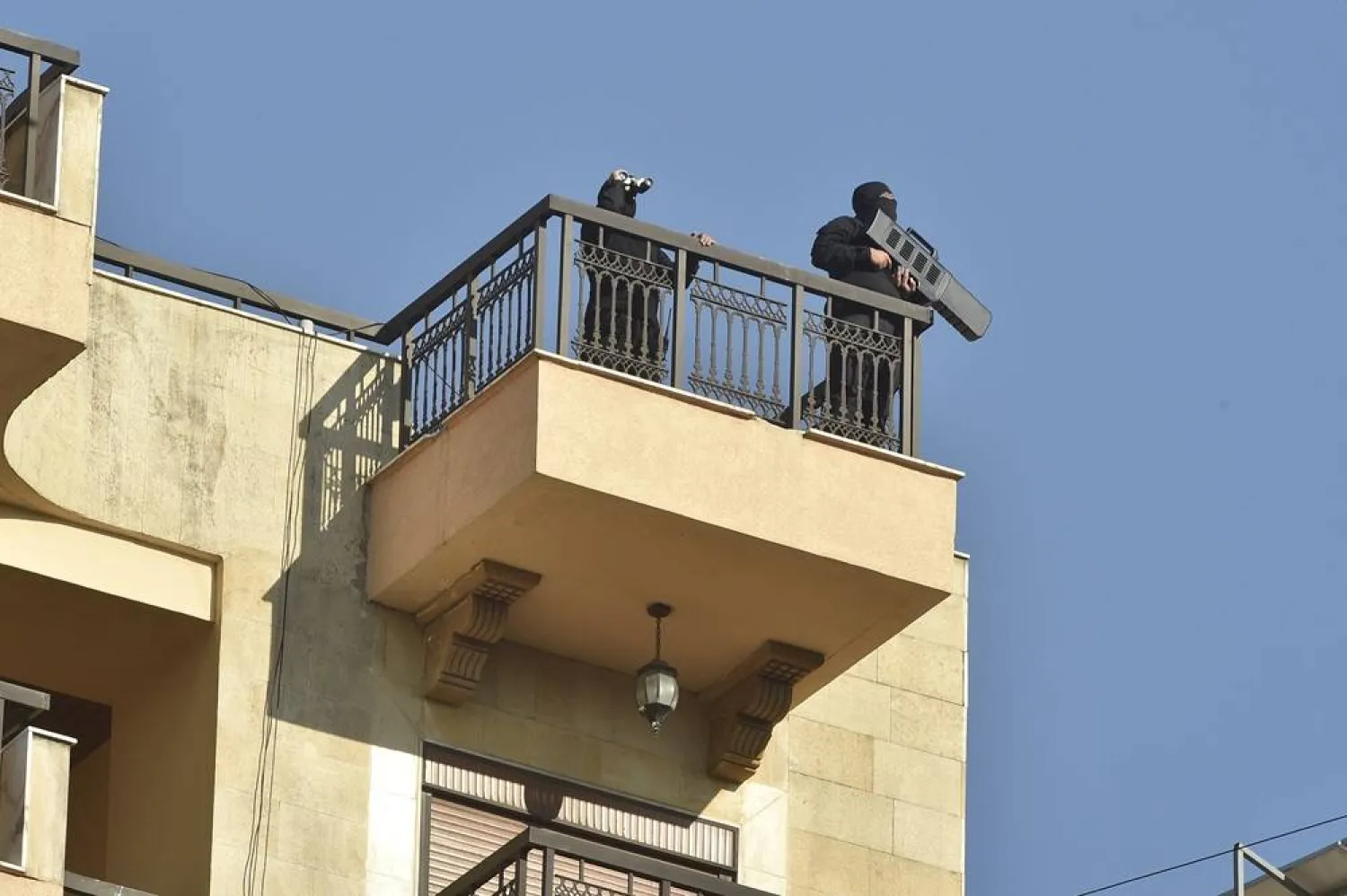Lebanon's Hezbollah did not clear its sensitive sites or evacuate top officials in Beirut's suburbs before this week's attack that killed a top commander because it thought US-led diplomacy would keep Israel from striking the area, security sources close to the group and diplomats said.
Hezbollah's impression was that Israel would not hit the southern suburbs, or Dahiyeh, a heartland of support for the Shiite group, as it believed Israeli forces would adhere to unofficial red lines both sides have generally observed in the conflict that has escalated during the Gaza War, they said.
This assessment was relayed to Reuters by eight diplomats with knowledge of recent mediation efforts led by Washington and including France and the United Nations, as well as three security sources close to Hezbollah. They all spoke on condition of anonymity due to the sensitive nature of the topic.
That understanding was shattered on Tuesday when an Israeli strike on Beirut's Dahiyeh killed Hezbollah's top military commander, an Iranian military adviser and five civilians. Lebanese officials and Hezbollah now question whether diplomatic assurances had been relayed to the group accurately.
"We were not expecting them to hit Beirut and they hit Beirut," Lebanon's caretaker foreign minister Abdallah Bou Habib told Reuters.
Coupled with the killing in Tehran hours later of Ismail Haniyeh, the head of Palestinian armed group Hamas, it has risked sending the entire region into a violent tailspin.
Tensions began spiraling after a deadly strike on the Israeli-occupied Golan Heights on July 27 which Israel blamed on Hezbollah, vowing retaliation. The group denied any involvement.
Diplomats rushed to contain the fallout by urging Israel not to strike Dahiyeh as part of its response, with US envoy Amos Hochstein specifically passing on those messages, several diplomats and a Lebanese official with direct knowledge of mediation efforts told Reuters.
A Hezbollah official said mediators had informed them of such efforts. The Lebanese official and three diplomats involved in the messaging said Israel had not made any commitments.
'DIPLOMACY HAS FAILED'
Still, Hezbollah's posture signaled its comfort: in the days leading up to the strike, top officials from the group were seen moving around Dahiyeh.
Hezbollah had cleared out some of its key sites in south and east Lebanon in anticipation of possible strikes, but did not take similar measures in Beirut, two security sources told Reuters. Hezbollah figures living near the targeted building were rushed out in a panic after it was hit, the sources said.
A regional diplomat said that meant Israel had no major Hezbollah targets to hit in south or east Lebanon. Two European diplomats said Hezbollah had not taken protective measures in Beirut and "were not cautious".
Several of the diplomats, as well as a Western envoy, said they had understood Dahiyeh would be spared. "There was a clear message sent" that Israel would spare big cities including Beirut, a diplomat said.
Instead, they said, Israel shunned efforts to constrain its response. "Israelis do not listen to a word that we tell them. They are following their plan and don't listen to us," one of the European diplomats said.
The Western envoy and an Iranian official said Israel had "crossed red lines" by striking Dahiyeh. "Diplomacy has failed," the envoy told Reuters, saying the ability of countries, even the United States, to influence Israel was limited.
Hezbollah leader Hassan Nasrallah, in a speech on Thursday marking the funeral of the slain commander Fuad Shukr, said Israel "does not know to what extent it has crossed the red lines" and that unnamed countries had asked the group not to respond to the strike - a request he rejected.
MISCALCULATION
Already, international efforts to rein in Israel's military blitz against the Gaza Strip - a response to Hamas' cross-border attack into Israel on Oct. 7 - have had limited success.
The United States has urged Israel to unblock aid deliveries into Gaza, avoid civilian casualties and refrain from launching a large-scale military offensive in Rafah, but its diplomatic efforts have yielded few results.
"The Israelis feel they are beset from all angles, politically, militarily, and it is a bit of a risky situation," a Western diplomat told Reuters.
As a result, Israel had shifted the war's rules of engagement, carrying out more audacious strikes against its Iranian, Lebanese and Palestinian foes, diplomats and analysts in the region said.
Hezbollah had "misread" Israel's mindset and thought it had done enough to deter Israel from bold strikes in Lebanon, several diplomats working on the issue and the Lebanese official said.
"Hamas, Israel, Hezbollah and Iran have all miscalculated since Oct. 7 and mis-assessed each other," the Western envoy said.
















